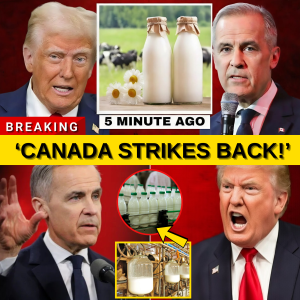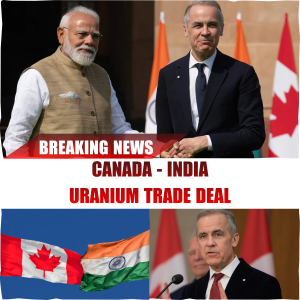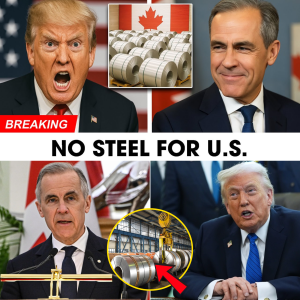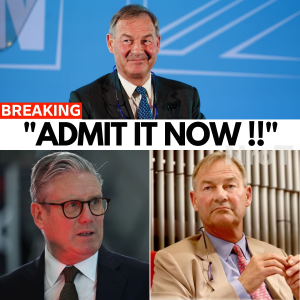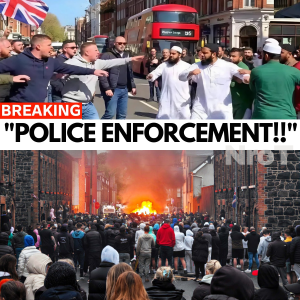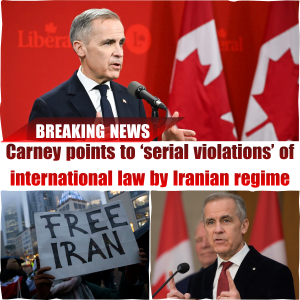In a development that has stunned Washington insiders and electrified progressive circles, former U.S. President Barack Obama has privately expressed support for New York State Assemblyman Zohran Mamdani, a self-described democratic socialist who is reportedly preparing a run for New York City Mayor in 2026.

According to a report from The New York Times, the former President held a 30-minute video call with Mamdani earlier this week, praising the young lawmaker’s “impressive campaign” and even offering to serve as a “sounding board” if he wins. The revelation immediately triggered a storm of speculation — and concern — within both Democratic Party leadership and conservative media outlets.
A Private Call That Sparked a Public Fire
The meeting, described by sources as cordial yet “remarkably candid,” is said to have taken place over a secure Zoom connection. Obama reportedly congratulated Mamdani on his rapid rise within New York politics, noting that his campaign strategy and outreach to younger, diverse voters “reminded him of his own early days.”
But the most striking moment came when Obama allegedly told Mamdani, “Your campaign has been impressive to watch. If you win, I’d be happy to be a sounding board — not to guide, but to listen.”
Within hours, the exchange was leaked to reporters, sparking fierce debate about what the move might mean for the future direction of the Democratic Party.
Who Is Zohran Mamdani?
Born in Kampala, Uganda, to Indian parents and raised in New York, Zohran Kwame Mamdani has become one of the most talked-about figures in progressive politics. A member of the Democratic Socialists of America (DSA), Mamdani represents Queens’s 36th Assembly District and has built his reputation on grassroots activism, tenant rights advocacy, and economic justice initiatives.
He first gained national attention for his outspoken criticism of corporate landlords, the NYPD’s funding priorities, and what he calls “performative progressivism” within establishment politics.
His supporters see him as a visionary outsider — someone unafraid to challenge entrenched power structures. Critics, however, argue that his socialist leanings could alienate moderate voters and disrupt New York’s already complex political ecosystem.
Obama’s Calculated Compliment
Political analysts say Obama’s private praise was not accidental. Known for his careful choice of words and cautious political maneuvers, the former President has largely avoided endorsing left-wing populists since leaving office.
So why Mamdani — and why now?
Dr. Alicia Fernandez, a political science professor at Georgetown University, believes the timing is deliberate. “Obama’s brand of progressivism was always aspirational, but grounded in realism,” she explains. “By reaching out to Mamdani, he’s signaling a willingness to re-engage with the energy of the grassroots — but on his terms.”
Still, not everyone is convinced this is a blessing. Former White House aide Marcus Bell warned that such an association could “ignite tensions between centrist Democrats and the socialist left” just months before the 2026 midterm election season heats up.
The Ripple Effect in Washington and Beyond
Almost immediately after the news broke, right-wing pundits seized on the story. Conservative talk show host Glenn Tucker declared on air, “This is Obama’s quiet revolution — he’s picking his ideological heir, and it’s not who America expects.”
Meanwhile, progressive groups celebrated what they viewed as validation from the highest level of Democratic politics. Social media erupted with hashtags like #ObamaMamdaniCall and #NewLeftRising, with users describing the conversation as “a historic handoff between two generations of reformers.”
Even within the Democratic National Committee, reactions were mixed. One senior strategist, speaking anonymously, said:
“Obama knows his words carry weight. Even a single compliment from him can shift the balance of power inside the party. This is more than a friendly chat — it’s a statement.”
A Test for the Next Generation of Leadership
Mamdani’s rumored mayoral campaign is still in its early stages, but the Obama connection has already changed the narrative. What was once viewed as a long-shot candidacy has suddenly become a national story — one that could redefine the ideological landscape of the Democratic Party.
If Mamdani chooses to run, he will face formidable competition, including several establishment figures with deep ties to New York’s political machinery. But with Obama’s quiet encouragement — and the viral energy of his growing online following — his campaign could capture a powerful combination of legitimacy and momentum.
The Unspoken Message
For Obama, whose post-presidential image has evolved from politician to global elder statesman, this may be less about endorsing socialism and more about investing in authenticity. Throughout his presidency, he often lamented the loss of trust between citizens and their leaders. Mamdani, for all his controversies, appears to embody the grassroots conviction that once fueled Obama’s own rise.
As one Democratic insider put it, “Obama doesn’t make casual calls like this. If he reached out, it means he sees something — maybe the future of the movement he started.”
What Comes Next
Neither Obama nor Mamdani has publicly commented on the leak. However, sources close to both say the conversation “won’t be the last.”
For now, the political world waits — watching a generational torch that may have just been quietly passed in a private call that was never meant to be public.
And as America debates whether this moment marks a new dawn or a dangerous shift, one thing is clear: the Democratic landscape is changing once again — and the spark came from a single, unexpected connection.
:max_bytes(150000):strip_icc()/BarackObama-799035cd446c443fb392110c01768ed0.jpg)
